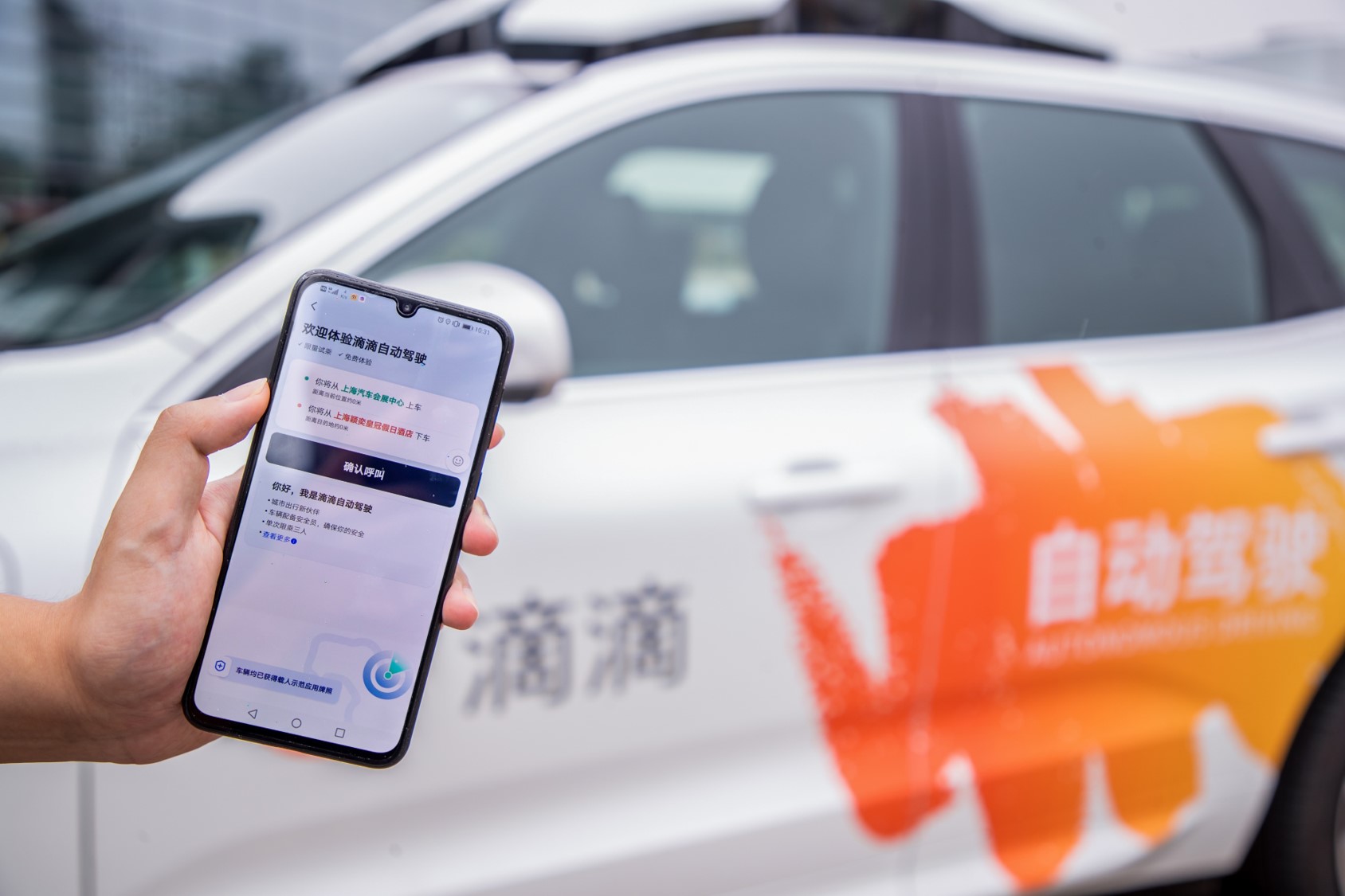Regulators in China on Thursday announced a new campaign to protect the rights of gig drivers who use ride-hailing and cargo delivery apps, urging the platforms’ operators to publicize their pricing rules this year.
The new rules were drafted by the Ministry of Transportation, which is now demanding ride-hailing platforms to set “reasonable” caps on fees and to display the commission charged from drivers’ income for every transaction in real-time. Also, cargo delivery companies will be required to make their pricing rules public, said Wang Xiuchun, a senior official at the Ministry of Transportation.
The ministry has been in talks with major platforms and officials of major cities over the past few months to draft new regulations, Wang said. Previously, there had been reports in state media that criticized ride platforms for withholding information related to driver payments and commission fees. The Ministry of Transportation is implementing the new rules to remedy the opaque situation and force companies to be transparent about their charges.
Under the new rule, platforms will need to display the commission fees taken from drivers immediately after the trip is completed. Currently, drivers who offer rides via some apps, like Didi, are only informed about commission fees one day later.
With these new arrangements, drivers can compare the incomes they can earn from different platforms and choose the one they prefer.
While this may change the information that is shared by platforms such as Didi, some other companies already display these charges in a transparent manner. Caocao Chuxing, which received a nine-figure investment after Didi’s post-IPO stumbles, presents the payment amount from passengers, the payment for drivers, and commission fees for the platform once an order is finalized.
This is the latest move by Chinese officials to tighten control over the country’s internet platforms and improve work conditions for gig workers. In November 2021, eight government departments said commission charges by ride platforms must be “reasonable,” and that gig drivers must be covered by basic insurance and receive benefits.
In January 2022, the Ministry of Transportation summoned eight major companies operating in the ride-hailing and cargo delivery sector to issue warnings about unclear pricing schemes and labor rights issues. Local regulators have also criticized companies for failing to review the credentials of registered drivers and demanded rectification.
The ministry said it will rein in internet platforms and offer better protection for gig workers in 2022. Nearly 4 million people have signed up as gig drivers on ride-hailing platforms as of January 2022, data from the transportation ministry shows. Companies in the sector will have significant expenses if they’re obliged to provide welfare for drivers.
